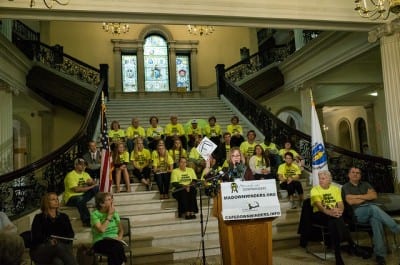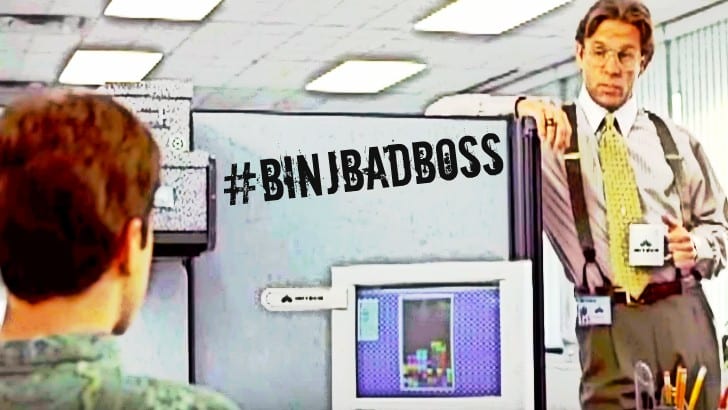
November 9, 2015
BY JASON PRAMAS @JASONPRAMAS
Lots of innocent people are spending time in jail in Massachusetts. And unsurprisingly many of those people are poor and a disproportionate number are people of color. But they are not convicted criminals. They are people who are charged with a crime—often a minor infraction—and can’t afford to pay the cash bail they’ve been assigned. So judges consign them to what to amounts to debtors’ prison while they await trial.
The number of people in the Commonwealth’s pretrial holding has grown nearly 13 percent since 2008, according to a recent study by MassINC, Exploring the Potential for Pretrial Innovation in Massachusetts, while “arrests have declined by 10 percent and the number of commitments annually to state prisons and county houses of correction has fallen by 22 percent.”
Although bail data are woefully scarce statewide, numbers released by the sheriffs in three Massachusetts counties are telling. The study shows that “Black residents are overrepresented in the pretrial population by a factor of 10 in Barnstable County. As a share of Franklin County’s jail population, the proportion of Black detainees is nine times higher than the share of Black residents in the general population; in Norfolk County, the disparity is a multiple of five.”
Furthermore, defendants of color face much higher bail. “In Barnstable County, the median bail amount for African-American defendants is four times higher than for white defendants. Median bail amounts for African-Americans in Berkshire County are five times higher than for white defendants.”
Clearly, the Commonwealth’s mostly white judges have some explaining to do.
Regardless, immediate reform is needed. Advocates are proposing a number of approaches to improve the system, but the one that will likely have the fastest effect is to significantly reduce the use of cash bail. Judges already have the ability to release people charged with a crime on their own recognizance until trial. And it would be good if they did that more often—especially for Black defendants that are currently being slammed with cash bail at a higher rate and for a larger amount than white defendants charged with the same crimes in the same jurisdictions. An even better option would be for Mass. courts to use unsecured bonds that only require a cash payment if a defendant fails to appear for court and abide by conditions of release.
Readers interested in getting involved in the campaign for bail and other pretrial reforms should check out the Pretrial Working Group and the Massachusetts Bail Fund. Those organizations are working on “An Act reforming pretrial process” (H.1584/S.802) that will introduce a raft of solid improvements to the Bay State’s bail system if enacted.
If you want to help affected folks right away, go to the Mass. Bail Fund website and donate whatever you can afford. They help defendants who owe $500 bail or less stay out of jail prior to trial by directly paying their bill. It’s a stopgap solution, but a necessary one until real bail reform gets passed.
The idea that defendants are innocent until proven guilty is enshrined in common law, in the US Constitution, and in the Universal Declaration of Human Rights. We cannot allow such a core democratic principle to be nullified for anyone in our society. Especially here in Massachusetts. So join the fight for bail reform now.
Apparent Horizon is syndicated by the Boston Institute for Nonprofit Journalism. Jason Pramas is BINJ’s network director.
Copyright 2015 Jason Pramas. Licensed for use by the Boston Institute for Nonprofit Journalism and media outlets in its network.






